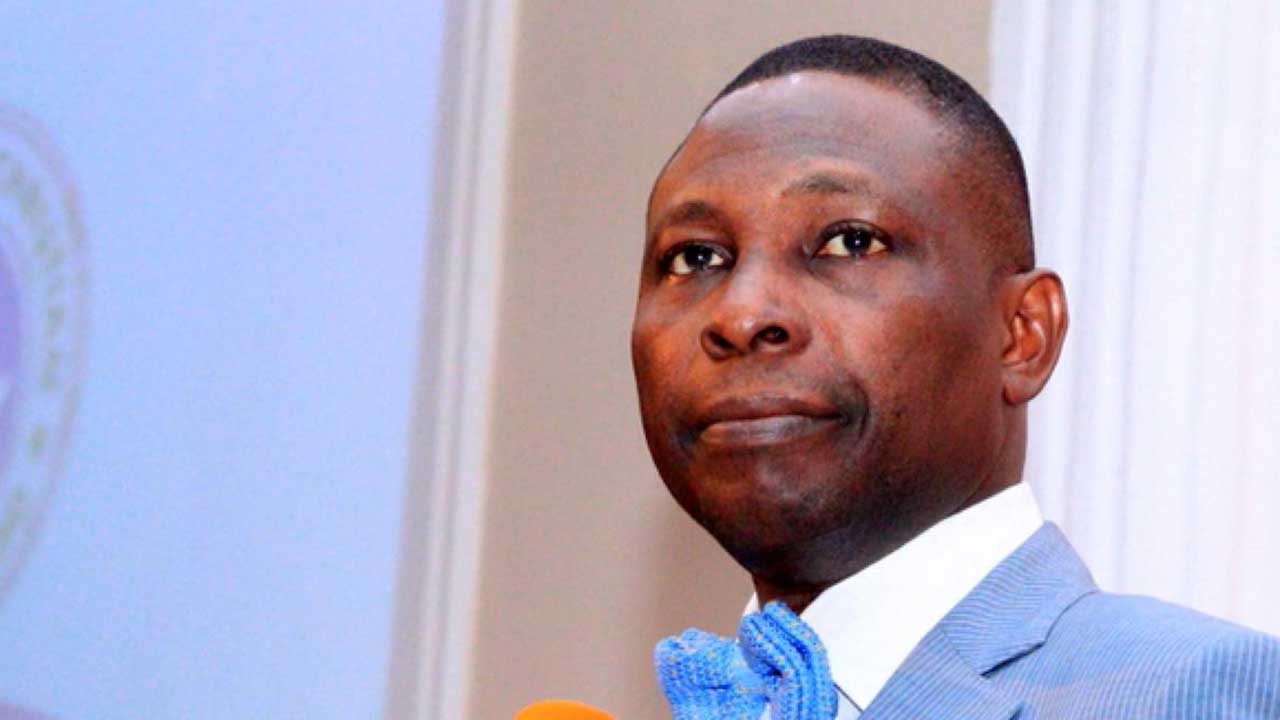Outgoing President of the African Development Bank (AfDB), Dr. Akinwumi Adesina, has raised alarm over the continent’s deepening energy crisis, revealing that 600 million people in Africa still lack access to electricity despite the continent’s vast renewable energy resources.
Adesina made the disclosure at the 2025 Standard Chartered Bank Africa Summit held recently in Lagos. In a presentation obtained by the News Agency of Nigeria (NAN), he said Africa possesses some of the world’s richest sources of renewable energy, yet remains energy-poor due to lack of adequate investment.
“Africa has 11 terawatts of solar potential, 350 gigawatts of hydro, 150 gigawatts of wind, and 15 gigawatts of geothermal energy,” Adesina stated. “Unlocking these resources will power massive industrial development across the continent and position Africa to become globally competitive.”
He emphasized that bridging the continent’s energy gap demands significant financial commitment from both the public and private sectors.
According to him, the AfDB in partnership with the World Bank has launched “Mission 300,” an ambitious initiative aimed at connecting 300 million people to electricity by 2030.
“This requires public and private sector investments. The Energy Compacts for the first 12 countries total \$127 billion, with over \$61 billion expected from the private sector,” he said.
Adesina also underscored the need to expand public-private partnerships and establish mechanisms for preparing bankable energy and infrastructure projects that can attract financing.
“Africa must move away from aid to investment to unlock its vast assets,” he said. “To achieve faster and more stable economic growth, there must be a shift toward capital mobilisation from domestic resources, capital markets, foreign direct investment, and concessional finance.”
Speaking further on the United Nations Sustainable Development Goals (SDGs), Adesina said that achieving the 2030 targets will require substantial investments not only in energy but also in infrastructure, digital connectivity, transportation, education, healthcare, water, sanitation, and human capital development.
According to him, Africa needs at least \$1.3 trillion in annual financing to meet these objectives. He maintained that the continent is not short on potential, but that unlocking it depends heavily on how quickly and effectively capital is mobilised to address systemic development gaps.
“Africa has all it takes to achieve its bold ambitions,” Adesina concluded.






